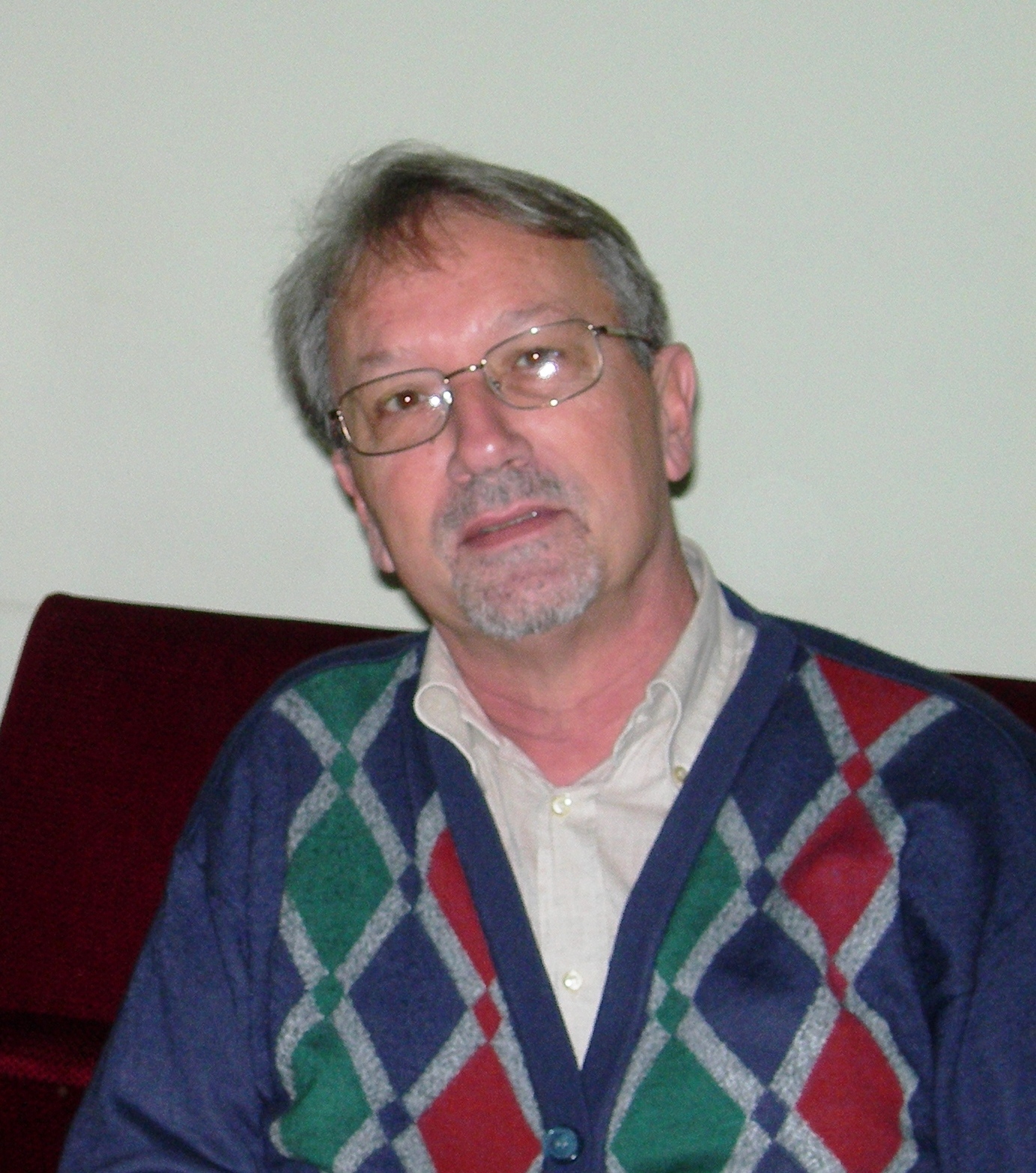Daniel Comboni
Comboni Missionaries
Institutional area
Other links
Newsletter
In Pace Christi
Artuso Pasqualino
Bro. Pasqualino Artuso was born at Thiene, in the province of Vicenza, on 29 March, 1948. At twelve he decided to become a Comboni Brother. “There is no doubt in my mind that I owe the beginnings of my vocation to the work of two priests of the Duomo where there was a very welcoming Oratory with various youth associations... I know that the figure of the “Brother” – that is the religious who is not a priest – was not very much admired but I had decided to become one following the good example of such Brothers as Giuseppe Biasin and Mario Busellato, just to name a few”. Thus Bro. Pasqualino wrote, telling of his life and his missionary experiences in Uganda, in an article which appeared in 2000 in “Missionari Comboniani”, issued by the community of Thiene and from which we quote liberally.
After six years at the apostolic school of Pordenone where, among other things, he qualified as a carpenter, he entered Florence and, on 9 September, 1969, he took his first vows. He also took and passed the Middle School exams at the Badia Fiesolana.
In 1973 he obtained a certificate in Theology for the Laity and, in 1974, a diploma in construction at the technical Institute of Pordenone.
Early in the same year, Bro. Pasqualino wrote to the Superior General asking for a mission appointment in contact with the people. Then, in April 1975, he received the good news of his appointment to Uganda where he was sent to Layibi Secondary School, three Km south of Gulu. In 1987 he was transferred to Kampala where he stayed for six years as provincial treasurer. He then returned to Layibi for a year to take charge of the building of a technical school and a house of formation for Brothers.
Remembering those years, Bro. Pasqualino wrote: “I am happy that I prepared well for missionary life and most content with this long period in Africa, in Uganda, where I was able to give myself completely for the good of my people. My work was not just theoretical: I learned Acholi, the local language and I worked on projects with groups of workers. I am a carpenter and a builder so I had many opportunities to bring to fruition all I had learned during the long years of preparation for the mission. Today, when I meet my former students, now grown men and some with important jobs in the government or the army, I repeat the lesson of those days: honesty and respect for all people”.
War and guerrilla warfare have been the cause of much suffering and sorrow to the missionaries in Uganda. How did Bro. Pasqualino fare? “In 1979, unfortunately, a war broke out which was a real Calvary for many Ugandans and also caused much suffering to the Combonis: the first Comboni martyrs in Uganda (Fathers Giuseppe Santi, Silvio Dal Maso, Antonio Fiorante, Silvio Serri, Osmundo Bilbao Garamendi) were killed during that year. Now the situation has changed. It is the time for rebuilding, even if there is still guerrilla warfare. The reconstruction is not only material but also Christian and moral. And our work is more important than ever”.
In 1996 he went to the General Curia in Roma where, for six years, he worked as assistant to the General Treasurer. Fr. Venanzio Milani, the then Vicar General, wrote to Bro. Pasqualino at the end of his time of service to the general finances’ office: “I, like the others, have appreciated your professionalism, your seriousness and exactness in a task which leaves no room either for approximations or carelessness. I may truthfully say that you made a great contribution towards a qualitative leap in the service of the General Finances’ Office.”
In 2002, he was again assigned to Uganda. After his work in Rome, he was asked to work for some months as assistant to the provincial treasurer and then as provincial treasurer. He continued in that post until his death.
“Bro. Pasqualino showed, as always, his tendency towards precision and exactness. However, his work as treasurer had one difficult component: relations with countless people. An armed attack which he suffered one Saturday morning in 2006, shook him to the core” (Mgr. Giuseppe Filippi).
Upon his return to Italy towards the end of 2009, he stayed there for medical checkups and for treatment. During the Christmas holidays of 2010, he spent a few days at home with his family in Thiene. It was there that he died on 5 January, 2011, due to cardiac arrest.

